Learn about indulgences of the Church
and join our program to get monthly reminders.
The saints speak on indulgences
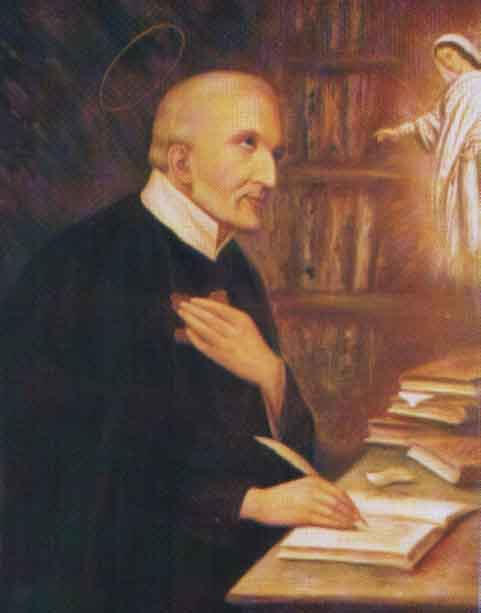
“By means of indulgences we can satisfy the debt we owe to God for the punishments due to sins, not by our works alone, but by applying to ourselves the merits of Jesus Christ and of the saints.”
Translation of St. Alphonsus Maria de Liguori, The Great Means of Salvation and of Perfection (1759)
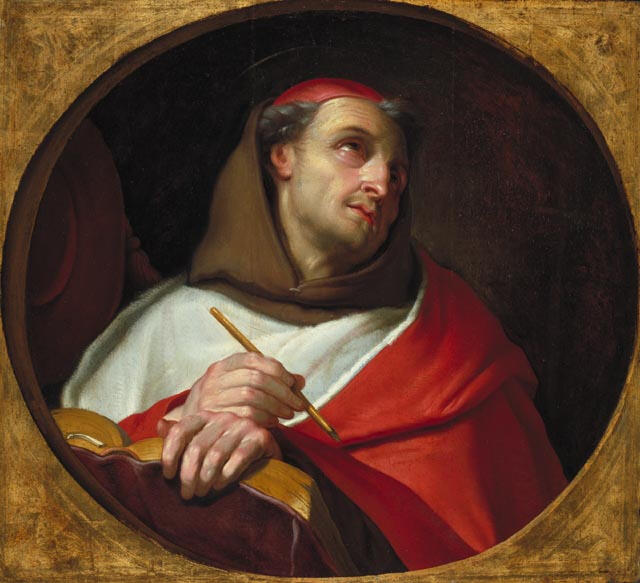
“If you cannot be saved by innocence, be saved by penance.”
Common paraphrase of St. Bonaventure, Opuscula Mystica
“Indulgences are the expression of the Church’s full confidence of being heard by the Father when... she asks him to mitigate or cancel the painful aspect of punishment... through other channels of grace.”
Paraphrase of translation of Pope St. John Paul II, General Audience of 29 September 1999, “The Gift of Indulgences”
How do you pray?
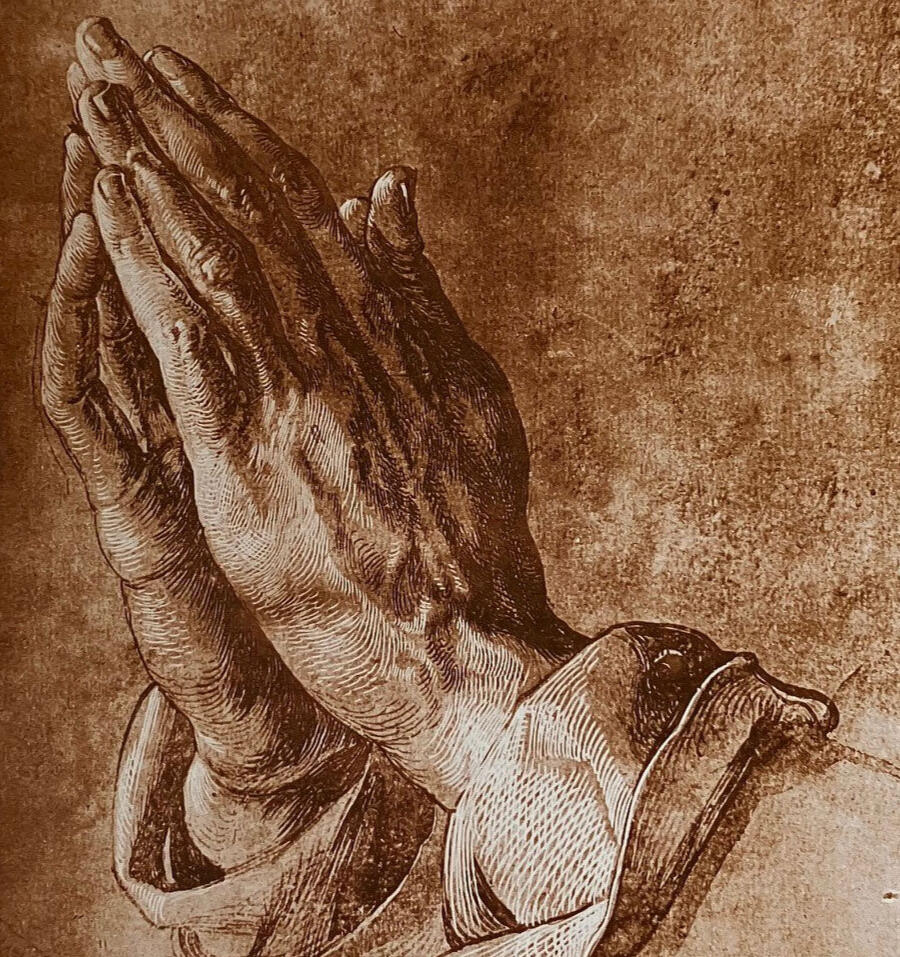
Prayer, in the Catholic life, is not leisure—it is labor. The very word liturgy means “the work of the people.” When we pray the Mass, the Divine Office, or our own devotions, we join in the ongoing work of Christ, who intercedes for us at the right hand of the Father.
The Catechism calls prayer both “a battle” and “a gift.” It is a battle because our minds and hearts resist it, and a gift because God’s grace makes it possible at all. To pray is to labor for love, to offer time, attention, and desire to the One who made us.
As St. Teresa of Ávila wrote, prayer is “an intimate sharing between friends; it means taking time frequently to be alone with Him who we know loves us.” And St. Thérèse of Lisieux, her spiritual daughter, reminds us that “for me, prayer is a surge of the heart; it is a simple look turned toward heaven, it is a cry of recognition and of love.” Their words capture both the effort and the tenderness of prayer—its labor and its joy—showing that all authentic prayer is born from love freely given and freely received.
Most of us find ourselves on what the saints call the purgative way—a path of purification. Here, we struggle against distraction and sin, learning to prefer God over self. Mental prayer, quiet meditation before the Lord, becomes essential in this stage. It forms the heart to listen and the will to persevere.
Those who remain faithful in this labor are gradually led into the illuminative and then the unitive way—deeper intimacy with God, where love transforms habit into grace. But none of us advance without effort. We work, as St. Paul says, to “pray without ceasing,” and that means forming habits that call us back to God throughout the day.
For centuries, Catholics have surrounded themselves with such reminders: bells ringing the Angelus, scapulars worn close to the heart, calendars of saints and feasts. These signs do not replace prayer—they invite it. They help us remember that every day is charged with meaning and grace.
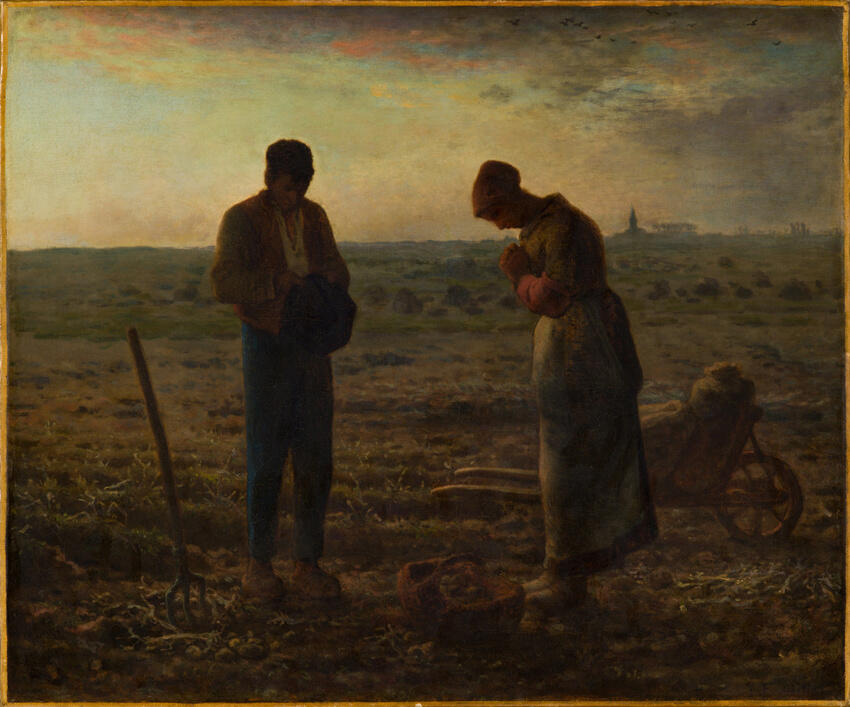
Learn more on our informational pages:
We'll send you reminders!
Monthly emails and postcards listing the current indulgences with beautiful Catholic art available.
What are Indulgences?
An indulgence is the Church's authoritative application of Christ’s merits (and those of the saints) to remit the temporal punishment due to sin after guilt is forgiven. This spiritual gift does not forgive sins but relates to the healing that remains even after sacramental confession.
Indulgence ≠ forgiveness of sin; it follows after sin is forgiven.
Can be applied to yourself or to the souls in purgatory —but not to another living person.
By intentionally seeking indulgences, you consciously bring grace into daily life and assist the souls in purgatory. Even simple acts done with proper intention—like brief prayers or devout actions—acquire this spiritual good.
The Church teaches infallibly about indulgences and their genuine spiritual effects, most firmly in the Council of Trent.
Addressing Protestant Misconceptions
Many Protestant objections to indulgences arose from genuine scandals in the late medieval Church. It is true that some clergy spoke carelessly—or even falsely—about what indulgences could do, giving the impression that financial donations alone could erase sin or guarantee heaven. The Church herself has condemned these abuses. While charitable giving to approved causes can carry a partial indulgence, this is never because of the money itself, but because of the interior love and detachment from sin that such an offering expresses. No amount of donation, without repentance and conversion of heart, can remove the guilt of sin or its attachment. Indulgences presuppose a soul already reconciled to God through confession and contrition.Alongside these valid complaints, there were also outright misrepresentations. Critics claimed that the Church “sold salvation” or “forgave sin for money,” but this was never her doctrine. The lasting impression of those errors, however, has colored popular thought ever since, leading many to reject the whole practice as corrupt or superstitious. Yet the authentic teaching of indulgences, as reaffirmed by the Council of Trent and repeated in the Catechism of the Catholic Church, is a profound expression of divine mercy.Properly understood, indulgences reveal the tenderness of a Father who not only forgives but also heals. They show the Church’s confidence that the merits of Christ and His saints overflow to assist every soul striving for holiness. Far from a commercial exchange, indulgences are an invitation to deeper conversion, charity, and union with the suffering and glorified members of the Body of Christ.
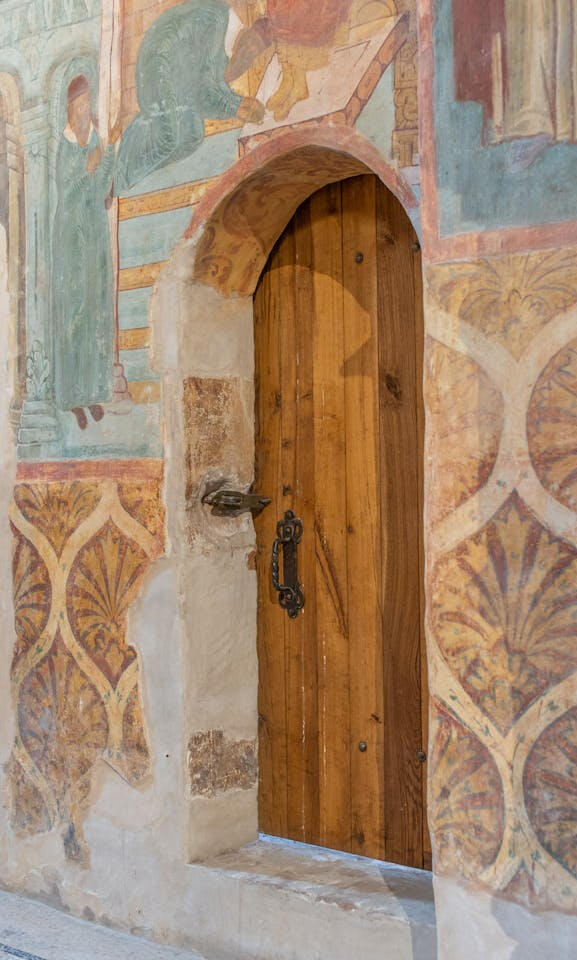
Normal Conditions for Indulgences
(Per the 1999 Manual of Indulgences)
Partial indulgences may be gained repeatedly all day, at all times.
Only one plenary indulgence per day, except a second may be gained at death.
If you lack one condition for a plenary indulgence, you receive a partial indulgence. All plenary indulgences are effectively partial indulgences for those with any attachment to sin.
Basic Conditions for Partial Indulgences:
Baptized Catholic, not excommunicated, and in the state of grace at completion of prescribed works.
Intent: Must intend to gain the indulgence.
Action: Complete the required prayer, devotion, or visit at the specified time and manner.
Additional Plenary Indulgence Conditions:
Sacramental confession (within about 20 days before/after)
Eucharistic Communion
Prayer for the intention of the Pope (common: one Our Father and one Hail Mary)
Complete freedom from attachment to sin
What Is “Attachment to Sin”? Why Does It Matter?
To receive a plenary indulgence (full remission of temporal punishment), you must be free from all attachment to sin—even venial sin.
Attachment to sin means holding onto a fondness or desire for a particular sin, even when avoiding committing it (see Matthew 26:41). Doctors of the Church, such as St. Francis de Sales, explain that true detachment means not only refusing sinful acts but genuinely hating sin itself, being willing to give up all that leads to it, and having a heart that loves only what pleases God.
Examples: Not gossiping, but still wishing you could share bad news; avoiding lustful actions, but not detesting lustful thoughts; or feeling you would sin if there were no consequences.
Genuine detachment involves a change of heart—desiring and loving only God and His will. It is required for the full effect of a plenary indulgence and is a key teaching in Catholic spiritual writing.
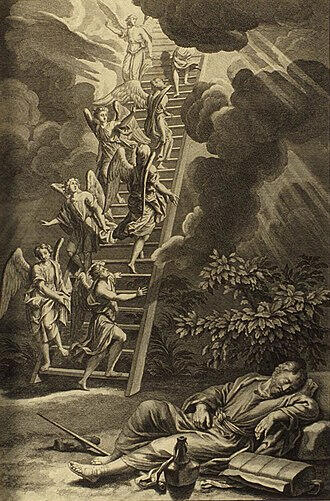
Do not be discouraged if you do not yet feel entirely free from attachment to sin. The journey toward full detachment is itself a grace, and God honors every sincere effort made in faith. Continue to pray, to trust, and to rely on Christ’s strength rather than your own. The Church, in her mercy, offers countless opportunities to gain partial indulgences, which are rich and effective means of healing the soul and deepening charity. Each indulgence received with humility helps purify the heart and draw it closer to perfect love.Think of this progress as a spiritual ascent—like climbing the mountain of the Purgative Way toward the light of Christ. Every step taken through grace strengthens the soul for the Illuminative Way, where love becomes purer and joy more steadfast. As St. Paul teaches, “We can do all things through Him who strengthens us” (Philippians 4:13). Let that confidence sustain you, for even imperfect love, offered to God in trust, leads surely upward toward perfection in Christ.
Partially Indulged Prayers
Common prayers:
Prayers for the Pope, for benefactors, at start/end of work, before/after meals, eternal rest for the dead
Numerous novenas (e.g., Christmas, Pentecost, Immaculate Conception)
Litany prayers (e.g., Sacred Heart, Blessed Virgin, St. Joseph, All Saints)
Collect from the missal for saints’ feast days
What is devout prayer?
Devout prayer is prayer offered with true interior participation—uniting mind, heart, and will to God. It is not merely the vocal recitation of sacred words, but an intentional act of worship directed toward God in faith, hope, and charity. The Church understands such prayer as both a duty and a work, by which the faithful cooperate with divine grace. As the Catechism of the Council of Trent teaches, prayer is “a pious and suppliant lifting up of the mind to God, by which we ask becoming things of Him.”
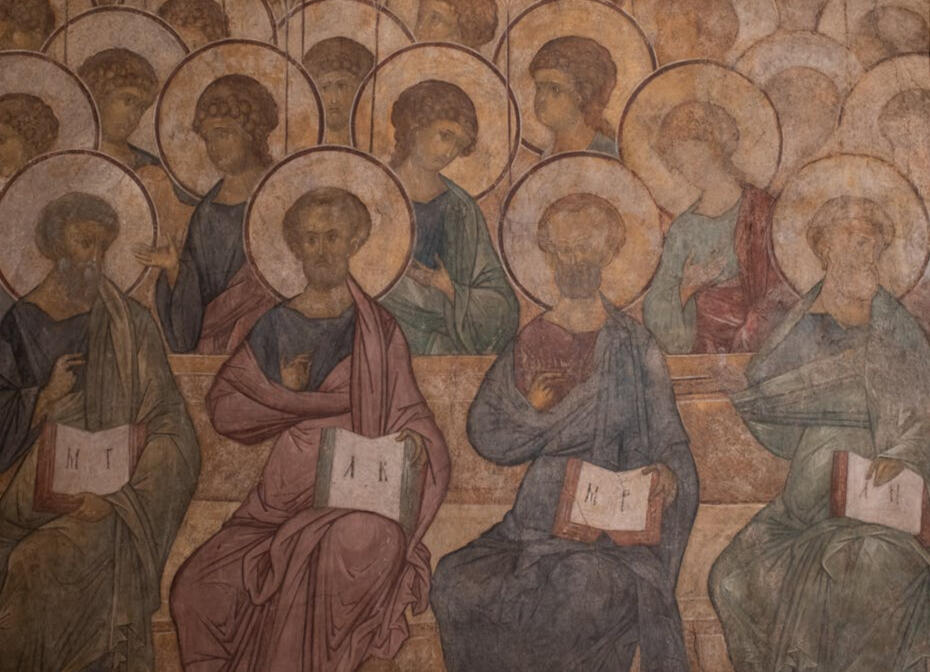
Mental prayer, in particular, is the mature expression of faith and an indispensable means of spiritual growth. It consists in meditative reflection, interior dialogue with God, and the loving attention of the soul to His presence. Through regular and persevering prayer, a Christian forms the habit of turning continually toward God—a habit which, at life’s end, disposes the soul to die in His friendship. This habitual orientation of the heart ensures that prayer becomes not only an act but a state, preparing the faithful for the vision of God in eternity.The Church therefore attaches indulgences to certain prayers not merely to encourage their repetition, but to promote the formation of this interior disposition. Each devout act of prayer, when performed with proper intention and grace, unites the soul more fully to Christ and participates in the communion of spiritual goods that constitute the Church’s treasury of merit.
Partial Indulgences
Actions and Grants
The 1999 Manual describes four broad “grants”:
Raising mind to God while carrying out tasks or enduring daily struggles.
Charity: Compassionate acts of giving or caring for those in need.
Voluntary penance: Abstaining from something licit and pleasurable.
Bold Christian witness: Giving explicit testimony of faith in daily life

Other examples:
Visiting the Blessed Sacrament for any duration
Making the sign of the cross properly, renewing baptismal vows
Listening to preaching or Christian doctrine
Reciting the Rosary alone, or partially
Renewing baptismal vows anytime
Examining conscience, attending recollections or engaging
in mental prayerPious invocations: "Jesus, Mary, and Joseph," "Jesus, please help,"
& "Heart of Jesus, I trust in you," etc.Acts using blessed religious objects
Praying for the dead at a cemetery (additional indulgences during
Nov 1–8)
Restitution and Grace
Indulgences do not and cannot substitute for the act of restitution when a sin has caused material or personal harm. Justice requires that what was unjustly taken or damaged be restored, insofar as it is possible. Returning stolen goods, repairing injury, or making amends is not optional—it is a moral obligation arising from the virtue of justice and a condition for true repentance. Without restitution, confession itself remains incomplete, since one cannot claim contrition while refusing to repair the wrong done.Indulgences, by contrast, concern the temporal punishment due to sin, not the material or moral consequences that flow from it. Where restitution restores external order and right relationship with one’s neighbor, indulgences heal the inner disorder left in the soul even after forgiveness has been granted. Thus, indulgences presuppose restitution; they perfect contrition but cannot replace conversion in deed. One who neglects to make restitution cannot hope to gain an indulgence for that sin, for grace builds on justice, never bypasses it.
The Former Practice of
“Days and Years”
Before the 1967 reform of indulgences under Pope Paul VI, partial indulgences were often described as worth a certain number of “days” or “years.” This terminology never meant that time was deducted from purgatory in a literal sense; rather, it referred to the ancient penitential discipline of the Church, in which specific works or prayers equaled a set period of canonical penance. Thus, an indulgence of “300 days” meant that the act carried the same spiritual value as 300 days of early Christian penance—not a measure of time in the afterlife. The Church now expresses all such indulgences simply as partial, emphasizing interior disposition and love of God rather than numerical equivalence, while preserving the same spiritual efficacy.
Plenary Indulgences
Specific Works

Granted for:
30+ min adoration before Blessed Sacrament
Reading or listening to Sacred Scripture for 30 min
Participating devoutly in Stations of the Cross (with physical movement or at least attentive reflection on 14 stations)
Reciting five decades of the Rosary together in church, family, or live broadcast with the Pope
A three-day spiritual retreat
At point of death: Praying (even mentally), we are advised that this is a moment of terrible battle for your soul and only those in a habit of prayer will succeed in this.
Parish missions: Attending or participating fully (including closing ceremony)
First Mass of a newly ordained priest: Attending with devotion
Jubilee celebrations for priests (25th, 50th, etc.): Attending Mass celebrated by the priest, or praying an indulgenced prayer with devotion for the jubilarian
Participating in canonizations: Attending the ceremony within the first year
Visiting a church during diocesan synod or pastoral visit: Recite Our Father and Creed
Pilgrimages to major basilicas in Rome/other specified holy sites: Intention of honoring God, seeking grace, or fulfilling a religious obligation is required, and is thus distinct from ordinary travel or tourism.
Take a moment to perceive the great love God has for those who maintain their innocence or implore His help in escaping an attachment to sin. EVERY DAY He will remit their time in purgatory for these actions. It is said that we should desire to hoard the treasures of heaven with great selfishness, but also that the only way to do so is through service. The prayers of the faithful who can gain a plenary indulgence turn towards those around them, asking God for mercy and grace in their lives.

The Example of St. Padre Pio
Among the saints who lived the mystery of indulgence and spiritual intercession most visibly was St. Padre Pio of Pietrelcina. He offered his life as continual reparation for sinners and drew countless souls to conversion through the grace of his suffering and prayer. Many who sought his counsel became his spiritual children, united to him in a communion of prayer and sacrifice. Padre Pio often urged them to frequent the sacraments and to seek indulgences faithfully, teaching that these graces could rescue souls from purgatory and obtain mercy for the living. His life revealed that indulgences are not abstract privileges but expressions of the deep solidarity of the Mystical Body, where one member’s holiness strengthens all.
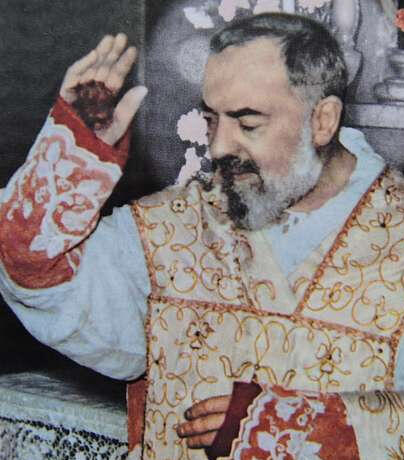

Hidden Apostles of the Cloister
The saints teach us that the soul purified of sin and freed from attachment to lesser loves becomes a vessel through which God pours mercy into the world. Cloistered nuns such as Venerable María of Ágreda and St. Thérèse of Lisieux show this with luminous clarity: though hidden from the world, they prayed not only for their own sanctification but for peoples and missionaries they would never meet. Their lives remind us that indulgences are not a mechanical reward, but a participation in Christ’s own charity—impossible without innocence of heart and detachment from sin. To strive for these goods is to draw nearer to God, and in doing so, to become an instrument through which grace flows outward, lifting others toward salvation.
Little Nellie of Holy God
Little Nellie of Holy God stands as a luminous reminder that innocence is not weakness but strength—the very soil in which grace takes deepest root. Her childlike purity and ardent love for the Eucharist moved the Church to recognize that even the youngest can be ready for the Bread of Life when their hearts are unclouded by sin. If plenary indulgences require freedom from attachment to sin, then the preservation of innocence—especially in children, but also in ourselves—is not optional but essential. Parents and all the faithful are thus called to guard purity of heart with vigilance, so that souls may remain open to the full treasury of God’s mercy. In protecting innocence, we do not merely shield from harm; we prepare the soul to receive grace in abundance, and to become a vessel through which God’s light shines upon the world.

Particular Feast Days
What Is a “Titular Feast Day”?
A titular feast day is the principal feast of a church or chapel, typically named after its patron saint or mystery (e.g., St. Joseph’s, Sacred Heart). On this day, a plenary indulgence is granted to those who devoutly visit the church, recite the Our Father and Creed, and meet the usual conditions. For most parishes, this is the saint's feast day corresponding to their dedication.
Opportunities by Date (sample):
Urbi et Orbi Papal Blessing: Received in person, radio, TV, or internet—usually at Christmas and Easter
December 31: Recite Te Deum in thanksgiving for the passing year
January 1 & Pentecost: Recite Veni Creator Spiritus as a prayer for the new year
Fridays in Lent: Recite "Look Down Upon Me, Good and Gentle Jesus" after communion before a crucifix
Holy Thursday: Tantum Ergo before Altar of Repose
Good Friday: Adoration of the cross
Easter Vigil or baptism anniversary: Renew baptismal promises
Divine Mercy Sunday: Participate in services; pray "Merciful Jesus, I trust in you" before the Blessed Sacrament
Corpus Christi: Participate in a Eucharistic procession
Sacred Heart (Friday after 2nd Sunday after Pentecost): Act of Reparation in a church, community, or family gathering; plenary indulgence on this feast, partial on other days
Sts. Peter & Paul (June 29): Use an item blessed by a bishop or Pope year-round, or visit relevant basilicas or cathedrals
Portiuncula Indulgence (Aug 2): Visit any church
All Souls (Nov 2): Pray for the dead in church (for souls in purgatory)
Nov 1–8: Daily prayers for the dead in any cemetery (for souls in purgatory)
Christ the King: Act of dedication to Christ in church, family, or community
For any action or feast day, consult the current Manual of Indulgences or diocesan guidelines for details and updates. Many local or historical customs are maintained by tradition but may no longer be officially recognized throughout the Church.

Subscription Service
Reminders to Pray
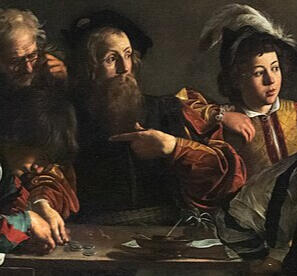
We’ve created two simple ways to help Catholics stay mindful of the Church’s rhythm of grace—especially the indulgences offered to the faithful each month.
| 1. The Free Monthly Email | 2. The Monthly Postcard Subscription |
|---|---|
| Each month, you’ll receive a brief message highlighting the indulgences and devotions connected to that time of year—beautiful reminders to sanctify ordinary days and rediscover the Church’s spiritual treasures. | For those who prefer something tangible, our postcard subscription offers a physical reminder of the liturgical life of the Church. Each card features devotional art and a summary of that month’s indulgences. It’s a small but sturdy companion for your desk, home altar, or refrigerator door—a visible invitation to prayer. |
The subscription is intentionally simple and very modestly priced. For those who wish to share these reminders with others—perhaps sending cards to a friend, a family member, or even a parish group—we’re glad to help arrange additional mailings. Please contact us directly to set up shared or gift subscriptions; we’re always happy to assist in spreading the habit of prayer.
These are not distractions from the spiritual life, but helps to it. We are embodied souls who need tangible signs to lift our minds toward heaven.
To pray is to work, and to work is to love. May these small offerings help you remember that you are not alone in this labor of prayer. Together, as members of Christ’s Body, we lift up the world through the work of our hearts.

Patronage
Supporting Sacred Beauty

From the beginning, the Church has understood that beauty serves truth. Sacred art lifts the mind to God when words fall short. Every crucifix, every illuminated page, every painted saint is a prayer made visible. To create and preserve such beauty has always been a work sustained by patrons—those who see in art not luxury, but ministry.
If you believe that sacred beauty still matters, we invite you to become a Patronage tier subscriber. Your support not only covers your own subscription, but helps commission new, original Catholic artwork—pieces created prayerfully by artists devoted to serving the faith. These images will adorn future postcards, digital meditations, and devotional prints shared with the entire community.
This tier is for those moved by a spirit of magnanimity—to give not merely for what they receive, but for what their generosity makes possible for others. Over time, our patrons will receive special digital downloads, early access to new art, and limited edition prints created exclusively for them. More importantly, their gift will help spread beauty that draws souls toward Christ.
Becoming a patron is not simply a transaction—it is participation in the Church’s long tradition of supporting sacred art as an act of worship. It is another way of taking part in the “work of the people,” sanctifying even our means and our creativity for the glory of God.
If you feel called to help this work grow—to make the life of prayer visible and beautiful once more—we would be honored to welcome you among our patrons.
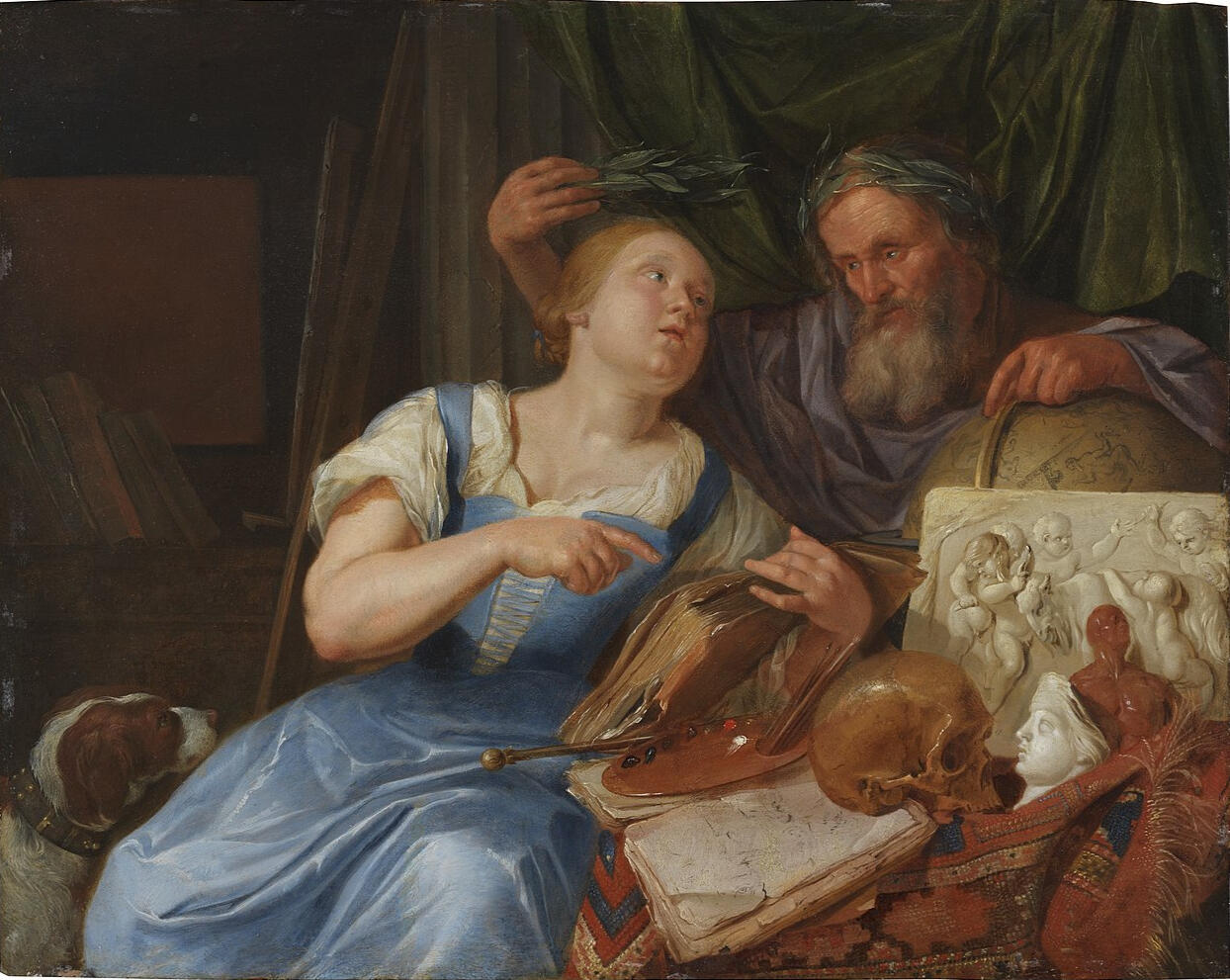
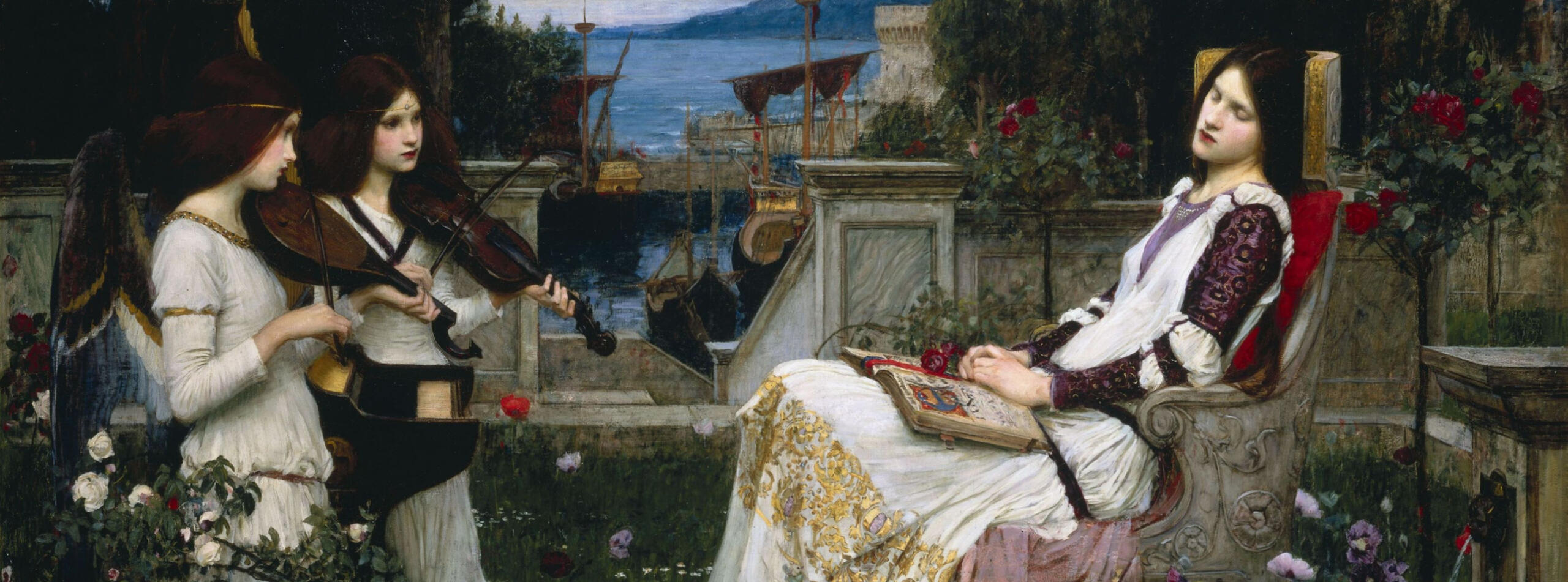
FAQ
What is the Calendar of Keys?
A monthly Catholic postcard subscription featuring custom devotional artwork and a summary of the indulgences particularly attainable that month.
How do I subscribe?
Click the “Subscribe” button on our site. Payments are securely processed through Stripe.
How do I unsubscribe or cancel?
+ To stop receiving free emails, click here: Unsubscribe.+ To cancel a paid subscription, click here: Cancel Subscription.
How does my subscription work?
+ Free email subscribers receive one welcome email and then one email a month in perpetuity (12 per year). If you are not seeing this in your inbox, please check your junk folder.
+ Paid subscribers receive one email and one postcard each month (12 per year). The subscription automatically renews annually, and an additional email will precede our charge to give you notice.
+ Patronage tier subscribers will receive one email and one postcard each month (12 per year). Eventually patrons will receive high quality digital downloads, special prints, or exclusive access to artists. A survey will follow by email to collect your opinion!
Where is my welcome, monthly, or annual subscription email?
All subscribers receive one welcome email, one email a month in perpetuity, and an additional email will precede our charge to paid postcard subscribers. If you are not seeing this in your inbox, please check your junk folder. If you are still having issues, please contact us.
Do you offer refunds?
We do not offer automatic refunds at this time. Please contact us if you need assistance.
Do you ship outside the U.S.?
Not at this time.
I didn't get my monthly postcard, where is it?
The processes and services we utilize verify addresses before shipment. If you did not receive a postcard, please contact us to let us know so we can work to remedy your situation.
What is Gumroad?
+ Everyone: We collect browser data via cookies to operate the websites.+ Email‑only subscribers: We only record your email address.+ Paid subscribers: We collect your name, email, billing details, and mailing address to process your subscription and deliver postcards.
Who is Gumroad?
Our free emails may occasionally include a discrete ad from a Catholic company or organization. There are web hosting, email, and other small costs to pay. If you would like to apply for the very limited opportunity, please contact us.
How is Gumroad?
We are a Catholic company run by a Catholic person. We make every effort to only use and link to sites and services that do not conflict with our Catholic faith. If you notice a shortfall, please let us know.
What information do you collect?
+ Everyone: We collect browser data via cookies to operate the websites.+ Email‑only subscribers: We only record your email address.+ Paid subscribers: We collect your name, email, billing details, and mailing address to process your subscription and deliver postcards.
Do you include advertising?
Our free emails may occasionally include a discrete ad from a Catholic company or organization. There are web hosting, email, and other small costs to pay. If you would like to apply for the very limited opportunity, please contact us.
Do you align with Catholic values?
We are a Catholic company run by a Catholic person. We make every effort to only use and link to sites and services that do not conflict with our Catholic faith. If you notice a shortfall, please let us know.

Are these postcards blessed?
No, we do not ship items that are blessed. If you happen to get your devotional items blessed please mark them as such and if they wear out follow your diocesan guidelines for disposal: usually, immolation or burying in consecrated land.
Additionally, it is our policy to avoid posting images of Christ and the Blessed Virgin, as they may become defaced unintentionally.

We'll send you reminders!
Monthly emails and postcards listing the current indulgences with beautiful Catholic art available.
Terms of Use
Effective Date: 10/7/2026Acceptance of Terms
By accessing or using the Calendar of Keys (“we,” “our,” “us”), you agree to these Terms of Use.Services
We provide a subscription service that delivers monthly postcards and related digital content.Eligibility
We accept paid subscriptions from individuals age 14 and older. If Payment processors or applicable law requires a higher minimum age, that standard will apply.
Payments & Renewals
Payments are processed securely through Stripe.Subscriptions renew automatically unless canceled.You may cancel at any time before your next billing cycle.We do not offer automatic refunds.Shipping
We currently ship only within the United States.
Intellectual Property
All artwork, text, and designs are owned by the Calendar of Keys or licensed artists. You may not reproduce or resell them without permission.Limitation of Liability
We are not liable for indirect, incidental, or consequential damages arising from use of our services.Governing Law
These Terms are governed by the laws of the United States and the Commonwealth of Pennsylvania.
Legal
Information We CollectEmail‑only subscribers: Email address only.Paid subscribers: Name, email, billing info, and mailing address.Payment details are handled directly by Stripe; we do not store card numbers.How We Use Your InformationTo process subscriptions and payments.To deliver postcards and digital content.To send you updates, service communications, and occasional Catholic‑aligned ads in free emails.CookiesWe use basic cookies for site functionality and analytics.You can disable cookies in your browser, but some features may not work.
Business EntityThe Calendar of Keys is technically a function of Subucula Alba at this time.Data SharingWe do not sell your data.We may share limited information with service providers (e.g., Stripe, mailing services) to fulfill your subscription.Your RightsYou may unsubscribe from emails at any time: Unsubscribe.You may cancel your subscription at any time: Cancel Subscription.You may request access to or deletion of your data by contacting us at [email protected]Contact
For questions, email us at [email protected]
Archive
A selection of past monthly artwork will be displayed here at a reduced digital size.
Contact
Patrick Kniesler lives in south central Pennsylvania with his beautiful wife and delightful children.



